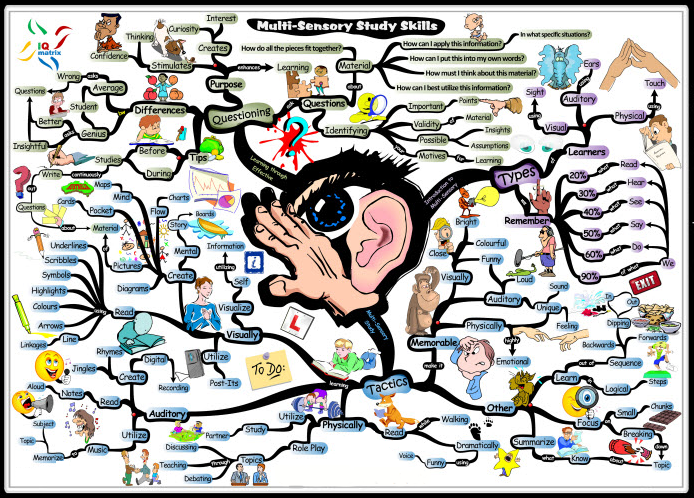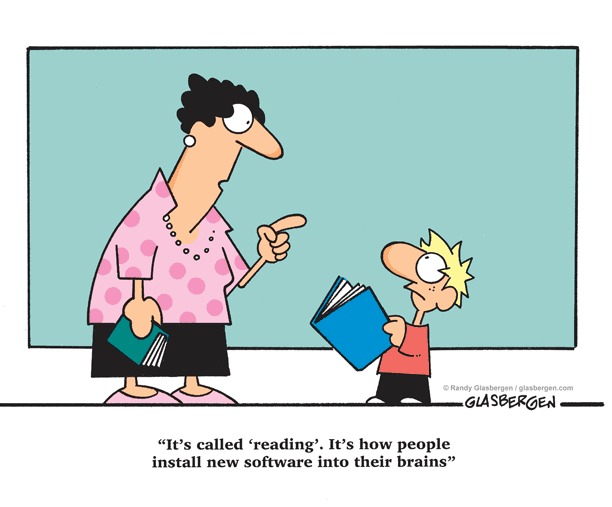Ebooks are everywhere – from the classroom to the coffee table – and it’s apparent that this is changing the face of reading for our kids. According to a new report from Digital Book World and PlayScience, more than half of U.S. children are reading ebooks – that’s twice the number of adults! This includes platforms such as iPads, NOOKs and Kindle Fires. The report, “The ABCs of Kids & Ebooks: Understanding the E-Reading Habits of Children Aged 2-13”, finds that among children ages 2-13, 54% are reading ebooks. Most of these children, 85%, are doing so once a week. Knowing shared parent-child book reading is an integral part of language development and crucial for speech and language therapy – what do we really know about these books? Are digital stories really the same as paperback books? What are children gaining or losing as e-readers? Here’s the rundown:





